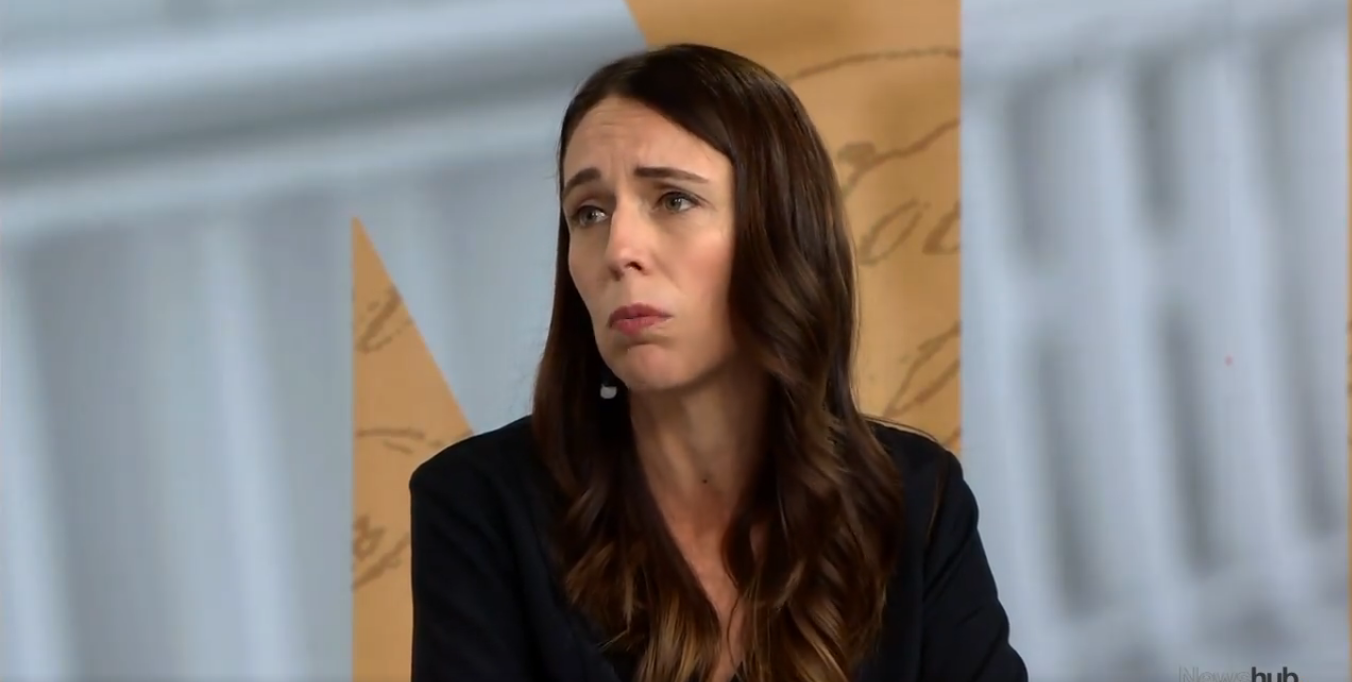Jacinda Ardern has made much of “kindness” in her approach to politics. Sadly, like almost everything else she touches, it is more of a slogan than anything else.
It isn’t a surprise then that the nation’s mental health statistics have actually worsened under this government’s policies, rather than improved as they promised. Ignominiously, it has been left to the hard-left Guardian to report on it:
New Zealand’s mental health system is “in crisis” and in worse shape now than four years ago, practitioners say – despite much-heralded government efforts to reform it and prioritise national wellbeing.
A commitment to improving New Zealand’s mental health record has been at the heart of the progressive, Jacinda Ardern-led Labour government. The country has enduring challenges with mental health, including the highest rate of youth suicide in the developed world. When Ardern was leading her first election campaign in 2017, she made it a central election issue.
“It is time for us to move from grief and loss, to love and hope for our next generation,” Ardern said at the time, in a tearful speech to families who had lost members to suicide. “If I was going to give you any commitment here today it’s that … I’ll think about the people, the lives, and do everything practically we can to make a difference for those families who have already experienced loss.” After about a year in power, the government unveiled its “world-first” wellbeing budget in 2019, which drew international attention for its focus on support for New Zealand’s most vulnerable. That year, mental health was given the biggest funding and investment boost on record, receiving NZ$1.9bn (£980m).
The Guardian
More slogans from the Queen of pithy statements. It is just word soup, and our tamed and cowed media lap it up like it is the truth. Sadly, her claims and statement barely even resemble the truth and are so far from it that you could legitimately say she’s misleading everyone into believing that she can do, or is actually doing, something about it.
Despite those investments, substantial reform of New Zealand’s mental health system has proven difficult. The country’s overall suicide rate has remained relatively static, dropping slightly last year after an all-time high in 2019. The latest annual reports from the Office of Mental Health and Addiction Services were finally released on Wednesday, with data from 2018 and 2019. Their release had been repeatedly delayed, so until now the most recent data was for 2017, when the previous National party government was in power. This new data represents one of the first wide-reaching assessments of the mental health system under the current government – and social service agencies say it’s failing.
“It’s hard to find much that’s positive,” said Mental Health Foundation chief executive Shaun Robinson. He said the report showed the mental health system was in worse shape now than four years ago. “It’s not surprising, unfortunately – the mental health crisis in New Zealand just continues to grow. With the best intentions in the world, the response from government to date is just not adequate. It’s not working.”[…]
“One of the things that’s most concerning is the overall lack of transparency and accountability,” he said. “We all know the changes required are big, complex, and long-term, and no one was expecting a magic wand,” he said. “But we still don’t have a plan that says how that’s going to happen.”
“It’s frankly an abysmal situation and cannot be allowed to continue.”
And doctors aren’t happy either:
Sarah Dalton, the executive director of the Association of Salaried Medical Specialists, a union representing doctors, said earlier this month that “acute and community psychiatric services [are] completely overwhelmed and in crisis”.
Nor are the unions:
The union’s mental health workers released a statement saying they were “overwhelmed by skyrocketing demand and have seen no meaningful progress despite the promises of the 2018 mental health inquiry”.
“There just aren’t enough staff, not enough resources,” a psychiatrist member said. “There is huge demand, really, really high need and we’ve been significantly impacted not just by high rates of severe mental illness but significant deprivation, homelessness, poverty, substance abuse issues.”
I expect we will get nothing but the sound of crickets from the government. For them, it is always a simple case of throwing money at a problem, but that isn’t going to fix it unless there is both a plan and accountability. The problem is that this government shuns accountability.
Considering all the lockdowns, they are responsible for it in the first place and they should be held to account. If only the media stopped being their cheer-leaders and starting doing their jobs.
Unfortunately, a frowny face and vocal fry is all she’s got to counter the fact that the mental health effects of her stupid lockdowns have hit home with a bite.
If you enjoyed reading this article please share it.

